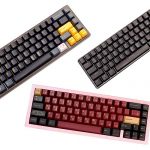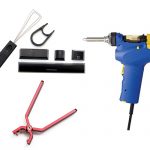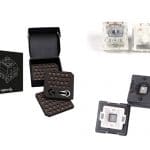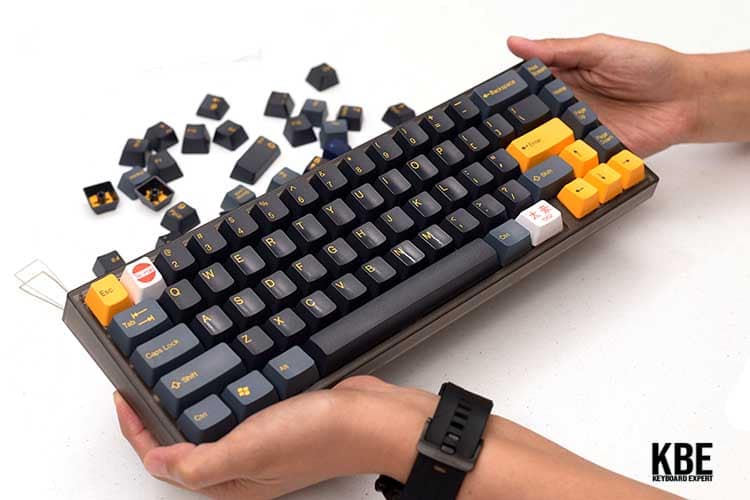
Users who have never touched a mechanical keyboard often wonder how they feel. Given all the fuss and the high price tags of these keyboards, what exactly differentiates them from the keyboards that are more readily available to end-users? And what truly makes them superior to other keyboard types?
Generally, the “feel” of mechanical keyboards is unique from every existing keyboard out there. Every keystroke is defined by the mechanism implemented in the switches. Other factors such as the type of mount, actuation force, and other technicalities provided by the manufacturer also contribute to the distinct feel of these keyboards.
The typing experience of a mechanical keyboard is the collective effort of all its parts working together as you actuate the switches and subsequently register the keys. The part of the mechanical keyboard that fundamentally spells out the typing experience is its mechanical switches.
In this article, we will further flesh out and explore what mechanical keyboards feel like. We will also dive deeper into specific mechanical switches since they have their own unique feel.
How Do Mechanical Keyboard Switches Work?
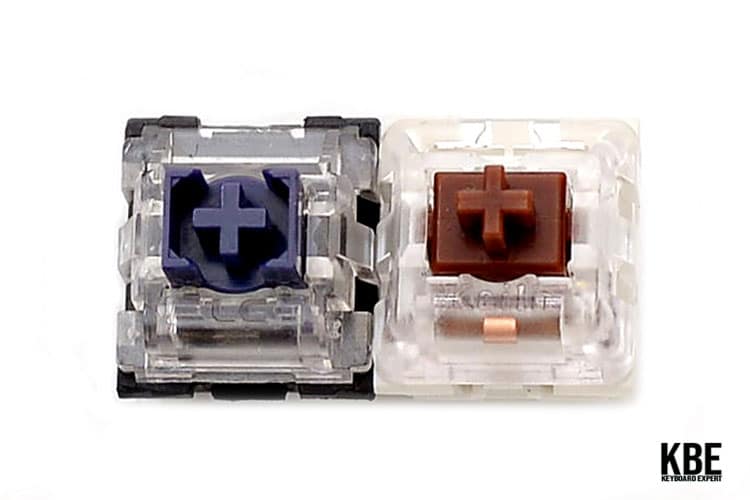
If the PCB is the heart of a mechanical keyboard, mechanical keyboard switches (switches for brevity) are collectively its other vital organs. Switches are responsible for registering the assigned key intended to be pressed by the user through actuation.
When a switch is actuated, it implies that the user exerted force (actuation force) to register the key pressed. Upon exertion of force, the internal parts of the switch work in unison to facilitate the travel and translation of the force into a signal to the PCB for the latter to register. Such is the process of actuation.
This process is the general mechanism implemented in all the mechanical switches existing currently in the market. Every brand existing today adheres to the basic principle of exerting a minimum force to actuate a switch.
Explaining the Mechanical Keyboard Feel
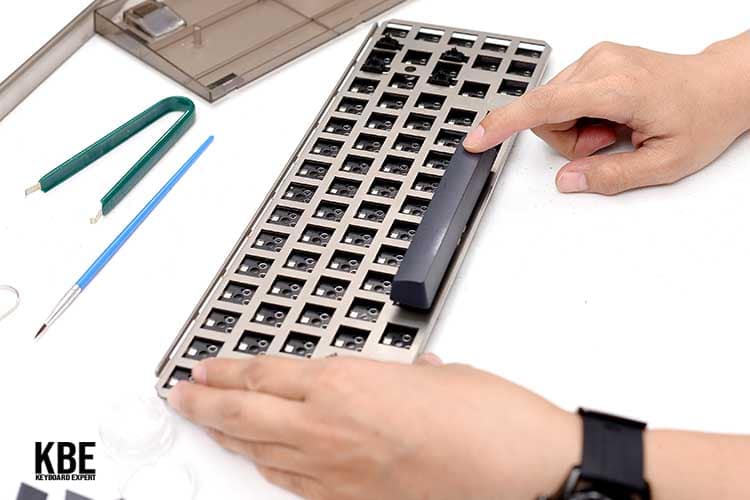
Having already defined what a mechanical switch is and how it works, we now elaborate in detail on how it feels typing in a mechanical keyboard compared to a regular one (membrane) or the keyboard of your laptop.
Membrane keyboards are not garbage per se. It simply cannot measure to the typing experience of a decent mechanical keyboard. Some if not most membrane and laptop keyboards normally cater to the standard of convenience required by the user. Most people, through time, inevitably adapt to the typing experience of the regular keyboard they presently use. Why then is there a “need” to buy a mechanical keyboard?
Explicitly stated, there is no actual need to buy one. However, the improvement to the typing experience brought by a decent mechanical keyboard is significant enough to call the purchase (of the mechanical keyboard) an investment.
Elaborated further, the mechanism behind the actuation of a mechanical switch generally improves and hastens the registration of keys that will overall contribute to the efficiency of your productivity workflow or gaming experience.
Mechanical Keyboards vs. Membrane & Laptop Keyboards
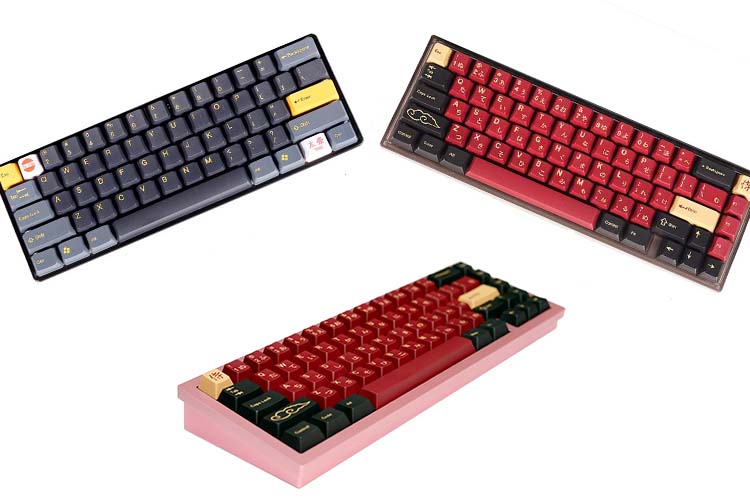
Now, on to the actual slugfest. Mechanical, membrane, and laptop keyboards vary on the following characteristics that affect your typing experience:
Accuracy and Feedback
Suppose you tend to play rhythm games that require you to press several keys simultaneously. In that case, you can never encounter any problems in registering a key (assuming your switches are not defective, of course). This characteristic is widely known as the n-key rollover.
Consider, however, that not all keyboards have the same key rollover. N is the minimum number of keys that can be registered and pressed simultaneously. Further, the mechanism behind the actuation of a mechanical switch lets you press and register a key repeatedly, even in a fast motion.
As for membrane and laptop keyboards, you will seldom encounter problems of such kind, especially on a laptop keyboard. Regular membrane keyboards sometimes do not allow simultaneous and fast repeat key presses.
Sound Produced
The sound that a mechanical switch produces depends on whether it is linear, tactile, or clicky. Normally, the sound that the general public attribute to the mechanical keyboard is the sound of tactile switches. Is it good sounding? It depends. When you are in an environment where you need to be discreet, membrane and laptop keyboards are more convenient than mechanical keyboards, especially if you have tactile or, worse, clicky switches.
In terms of the quality of the sound produced, mechanical keyboards are more pleasing to the ears. Membrane keyboards often sound mushy. As for laptop keyboards, the rattle it gives off sometimes grates my ears.
Durability/Longevity
Decent mechanical keyboards and even mechanical switches themselves can stand the test of time. Some enthusiasts own mechanical keyboards that are 10 – 15 years old.
Most membrane and laptop keyboards do not last that long, especially if used regularly. Also, consider that when a key is not working on a membrane or laptop keyboard, you must replace it entirely. Ergo, it would be best if you buy a new keyboard.
The same goes for pre-built mechanical keyboards, but the mere fact that its lifespan averages a minimum of five (5) years on regular use already proves that it is more durable.
Comfort In Relation To Ergonomics
It is all hands down here in favor of mechanical keyboards. Nowadays, manufacturers keep developing different form factors and layouts of mechanical keyboards that will suit the personal preferences of most consumers. I could say the same for ergonomics standards.
Accessories and external features are sometimes built into the keyboard to attend to the ergonomic needs of the end-user. As a result, there is little time needed to adapt to the typing experience provided by the keyboard.
As for membrane and laptop keyboards, adaptation takes a lot of pain in the wrists in the hands and, more often, a sacrifice to ergonomics. Most people will take a week before they can adapt to the form of hands needed to “comfortably” type on the keyboard.
Customizability and Aesthetics
You can build a mechanical keyboard from scratch by buying its parts from various suppliers. From switches down to its PCB, plate, and even its USB connector can be customized to your personal preference. As a result, you get a custom mechanical keyboard that is more suited to your liking.
Pre-built mechanical keyboards are no exception to this perk. While you cannot change its switches, you can still change its keycaps depending on the stem of your switches. Take into consideration, however, the layout of your keyboard.
Different Types of Mechanical Keyboard Switches
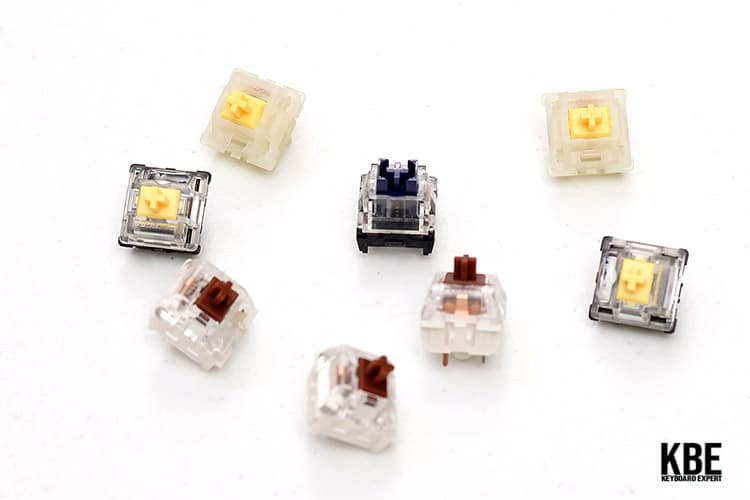
As mentioned above, all mechanical switches adhere to the principle of exerting and translating force to actuation and subsequently to registration or feedback. Despite this, however, switches are generally classified as linear, tactile, and clicky. For brevity, A separate discussion outside this article will be provided for other types of switches such as optical, optomechanical, etc.
Linear Keyboard Switches
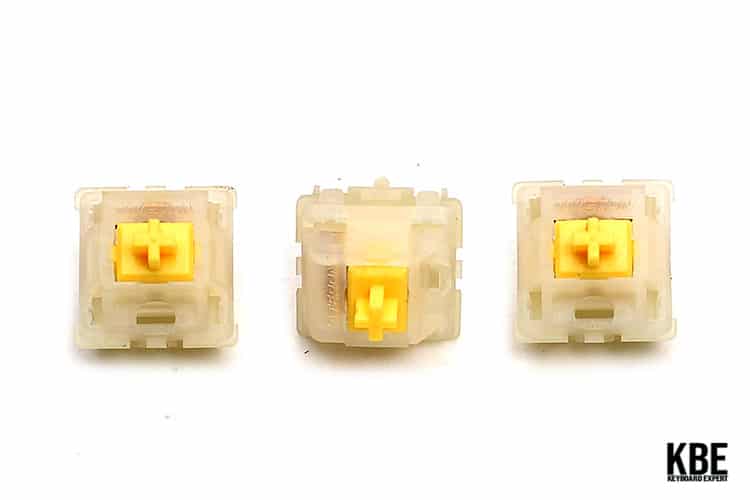
A linear switch is best described as smooth and quiet. It is actuated without that tactile bump present on tactile switches, which results in a discreet sound. There are, however, some issues concerning linear switches bottoming out. Some linear switches need to be bottomed out before it registers. This factor makes it hard to recommend the switch for first-timers.
Should you get over the coping-up period, linear switches are proven to give you an upper hand in gaming. The smooth keystrokes help in actuating the switch faster than tactile and clicky switches.
Tactile Keyboard Switches
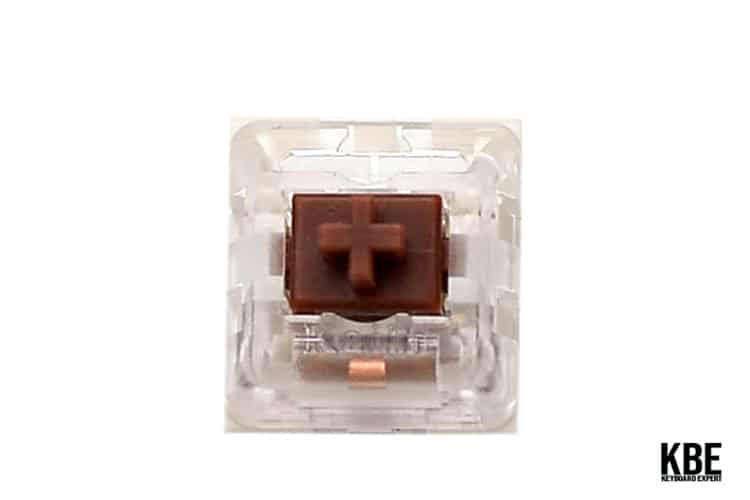
Tactile switches are… tactile. It produces a crispy and soft but relatively audible keystroke. The sound it makes is likewise a signal that the key has already actuated. As such, you can quickly determine whether the key is already registered or not. These switches are best recommended for beginners as you need not worry whether you pressed the key or not.
Clicky Keyboard Switches
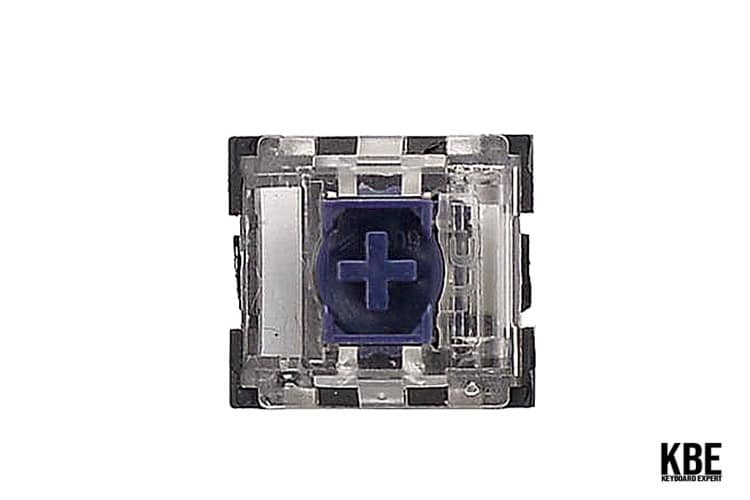
Clicky switches are loud. Enough said. It cannot be used in a public space, especially those where you are required to be silent and discreet. Who uses them? Those that need a clear indication that the switch has already been actuated.
Enthusiasts also suggest that you veer away from clicky switches. It has this thing called hysteresis, wherein the point of actuation of the switch is sometimes different to the point where it de-actuates. In effect, these result in inconsistent actuations that will negatively impact the typing experience of the person.
Can You Determine Whether a Mechanical Key Switch is Linear, Clicky, or Tactile?
It depends. The critical factor in determining whether a switch is linear, clicky, or tactile is the sound it produces. Doing a blindfold test with everything muted is ultimately hard as these three kinds of switches generally and ideally offer typing experiences that are akin to each other.
Do Different Mechanical Keyboard Models Feel Different?
Different mechanical keyboard models definitely feel different from each other. Some mechanical keyboards (or switches) offer a pleasant typing experience right out of the box, while some do not. Some need a little bit of adaptation, especially if you are switching from another kind of switch. Some do not even recognize the changes in the typing experience brought by a change of switches or the keyboard itself containing a different type of switch.
Do Custom Keyboards Feel Better?
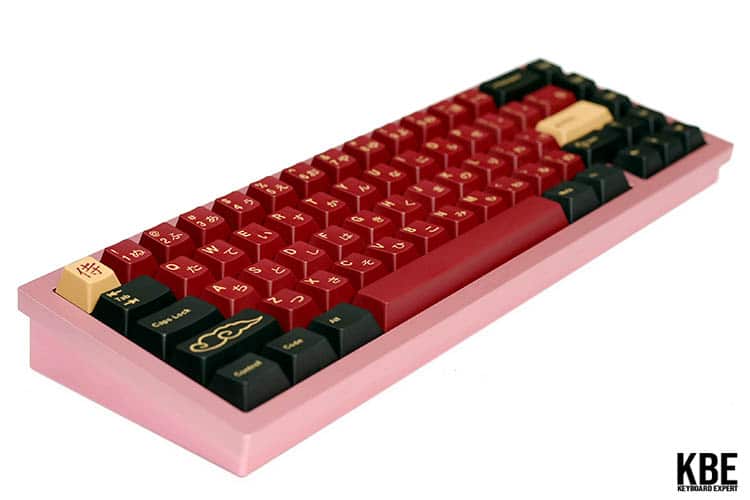
The typing experience of custom mechanical keyboards is not always superior to a membrane or laptop one. It is not the built-in features and mechanism behind the registration of keys that decide whether a custom keyboard feels better than a regular keyboard.
The end-user shall be the ultimate judge of whether the typing experience of a mechanical keyboard is better than a membrane or a laptop keyboard, regardless of how the former is objectively better. Buying a mechanical keyboard as it is also a luxury is anchored on the fundamental principle that user preferences reign superior over objective assessments.

The KBE team is dedicated to sharing our knowledge and creating useful resources about computer keyboards. This article was written as a team collaboration, combining our knowledge and years of experience using, building and modding keyboards. Meet the team here.

